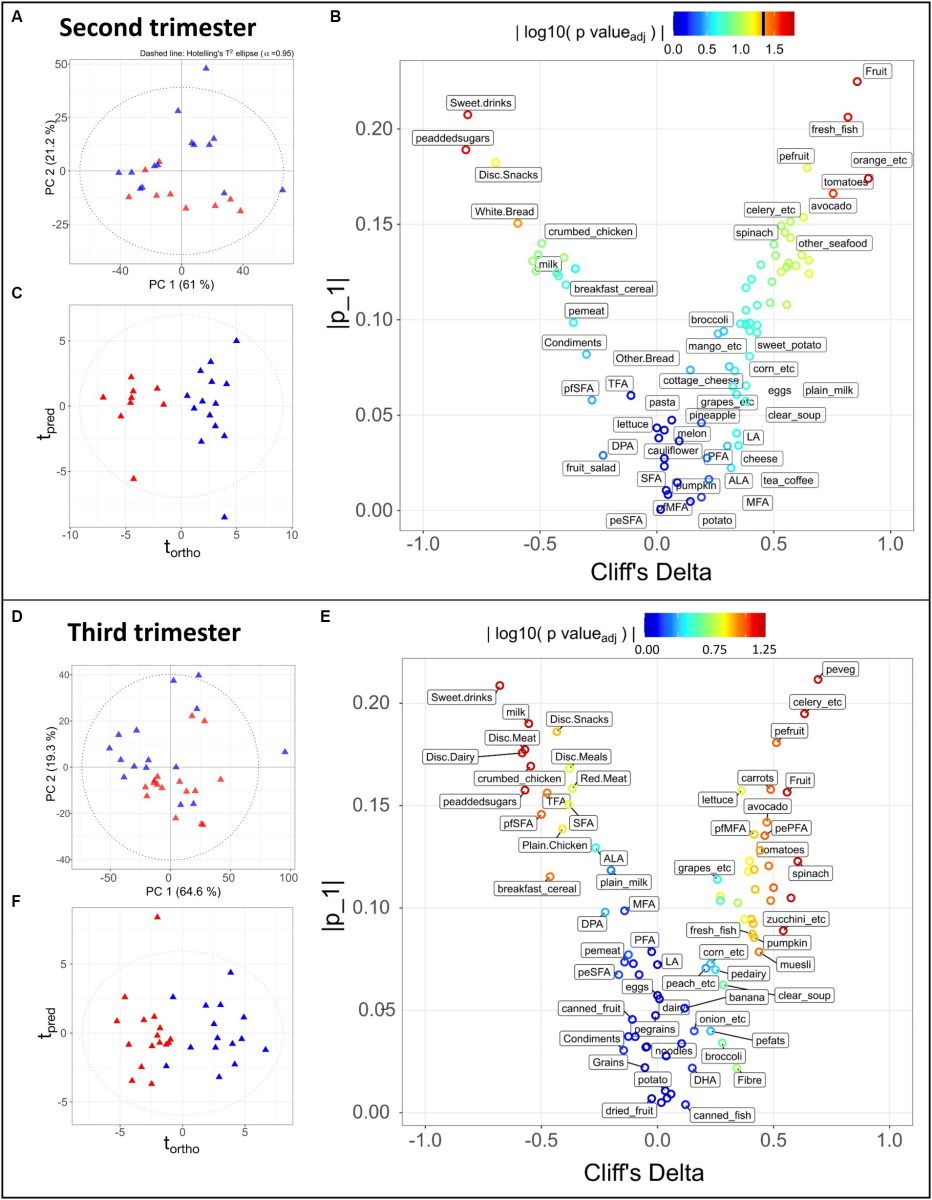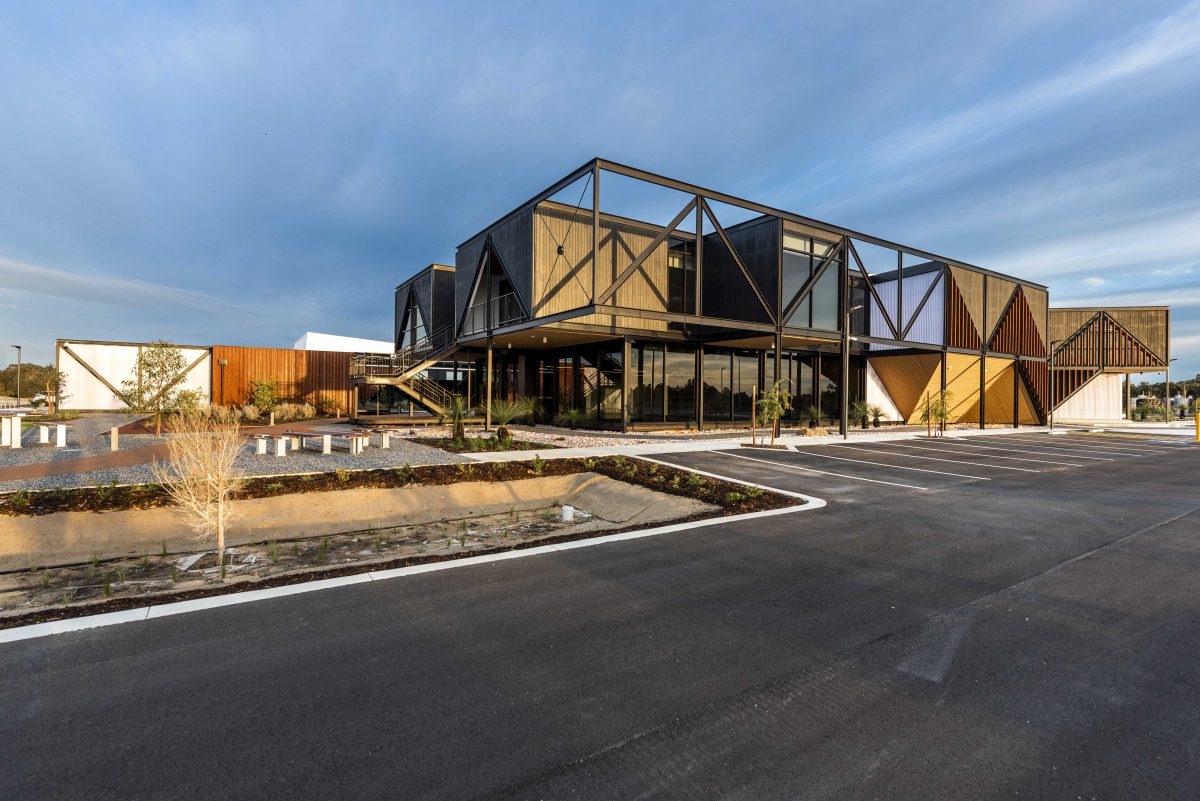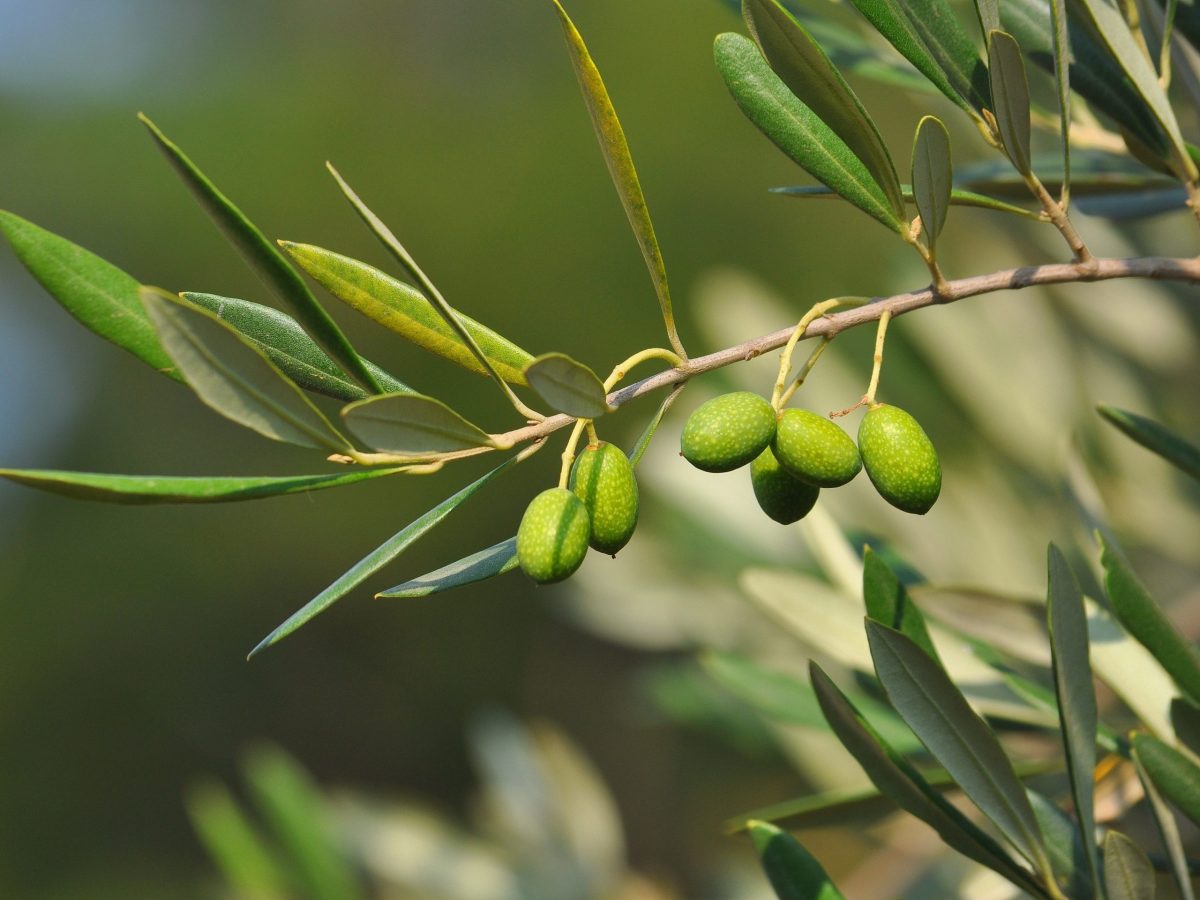Challenge Understanding the molecular composition of food is fundamental to advancing precision nutrition and improving food authenticity and quality assessment. There is a need for high-resolution phenotypic data on locally produced fresh foods, including olive oils and edible fruits, to support nutritional science, traceability, and health-focused research. However, limited molecular-level profiling has historically constrained these efforts.
Solution This PhD project, conducted in collaboration with the Australian National Phenome Centre (ANPC), aims to generate detailed molecular phenotypes of WA-grown olive oils and selected fruits using advanced spectroscopic technologies. Olive oil samples collected across diverse regions, seasons, and growth conditions are being analysed via Bruker NMR FoodScreener® methods, in compliance with ISO 17025 standards. The resulting data will be integrated into Bruker’s global olive oil database, contributing to assessments of provenance, authenticity, and quality.
Impact The project will establish a molecular reference library for WA fresh produce and support the development of precision nutrition methodologies. By correlating metabolic outcomes with specific dietary inputs, the research enhances our understanding of food-health relationships. Furthermore, the generated data provides a benchmark for evaluating future agricultural and manufacturing practices, contributing to improved food quality, sustainability, and consumer trust.













